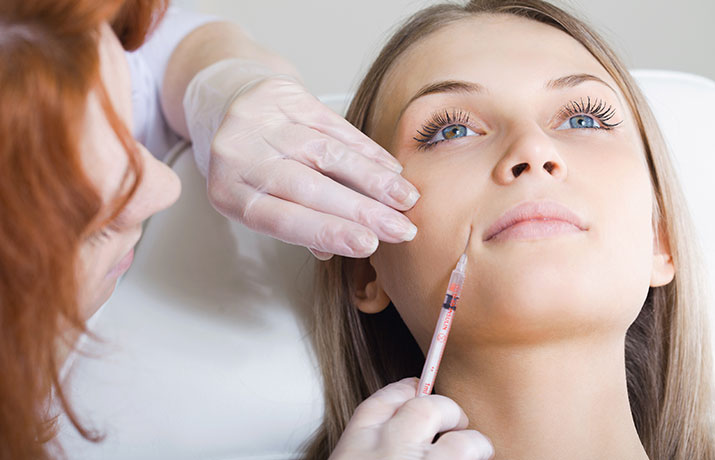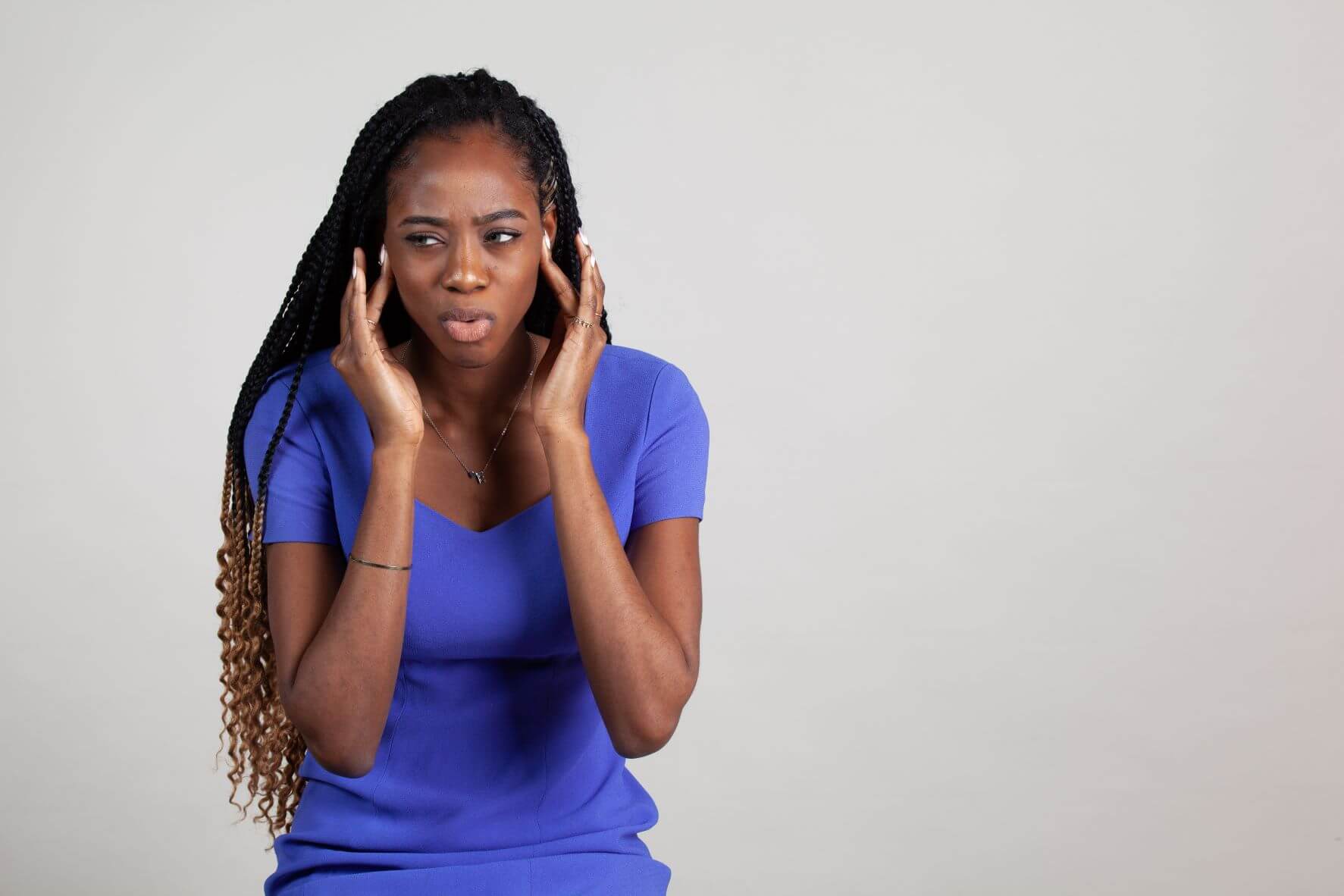Have you heard about dental devices for sleep apnea treatment? According to the American Sleep Association, an estimated 22 million Americans suffer from sleep apnea. This number indicates that the condition is quite common, and the effects of sleep apnea can be very detrimental to one’s health. Those who suffer from sleep apnea often exhibit daytime sleepiness, loud snoring, and restlessness during the night. If sleep apnea is left untreated for a long time, it can lead to hypertension, heart failure, stroke, and even death.
Fortunately, many treatment modes are available for those who suffer from sleep apnea. Hence, many people suffering from sleep apnea opt for alternative treatment methods such as dental devices. But do dental devices actually work? Let’s take a look.
How Dental Devices Work
Dental devices are small mouthpieces that are worn during sleep. They work by positioning the tongue and soft palate in a way that prevents them from collapsing and blocking the airway. There are various different dental devices on the market, and they vary in terms of size, shape, and material. Given the broad range of options available, it’s important to consult with a doctor or dentist before choosing a device.
Types Of Dental Devices
There are three main types of dental devices that can help treat sleep apnea: dental appliances, mouthpieces, and chin straps. Dental appliances are custom-made devices that look like mouthguards. They usually work by holding your tongue in place or by moving your lower jaw forward to keep your airway open. Mouthpieces are also custom-made, but they look like sports mouthguards. They work in a similar way to dental appliances, but they’re not as effective.
Chin straps hold your chin in place so that your mouth doesn’t fall open during sleep.
Are Dental Devices Effective
Significant research suggests that dental devices effectively treat mild to moderate cases of sleep apnea. In one study, 72% of participants who used a dental device reported feeling more rested during the day. In another study, 78% of participants reported reduced snoring after using a dental device.
The risk of death from sleep apnea is nearly three times higher than for people without the condition. These risks underscore the importance of seeking treatment for sleep apnea. If you know of anyone struggling with loud snoring, interrupted breathing during sleep, or you think you might have sleep apnea, talk to your doctor. With proper treatment, you can dramatically reduce your risk of developing these serious health problems.
Our highly skilled professionals will assess your conditions and try to pinpoint the causes of your discomfort and make useful and effective recommendations based on the assessments.

